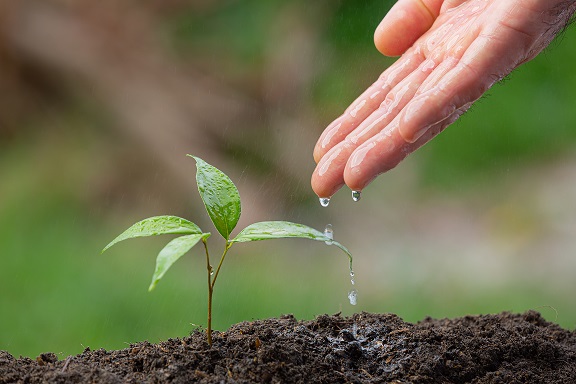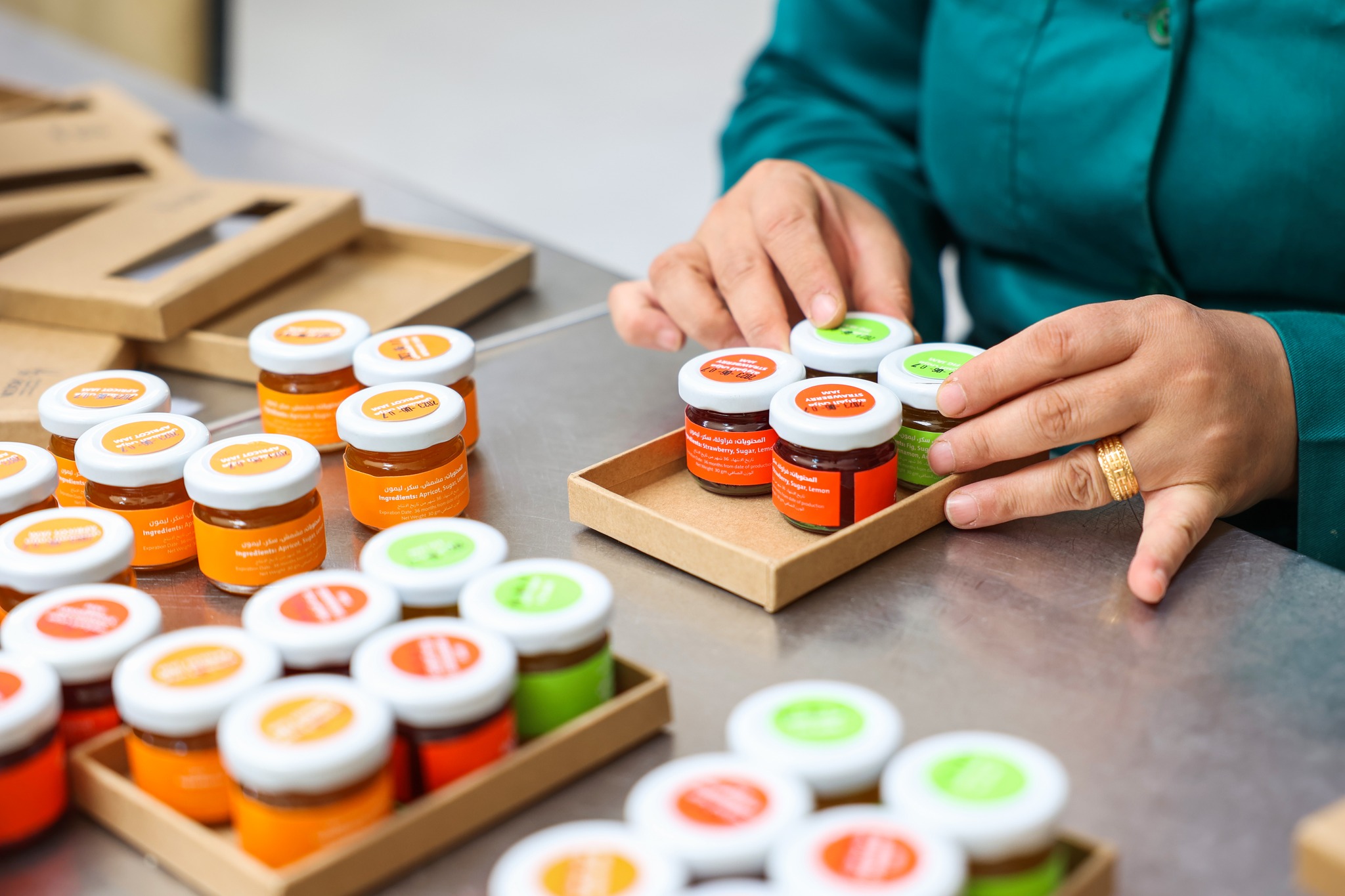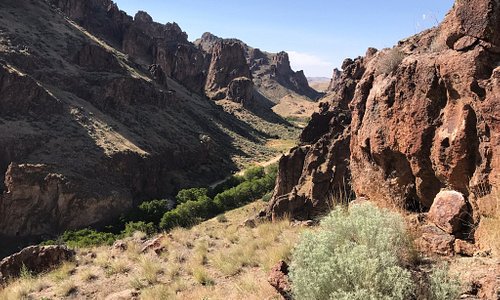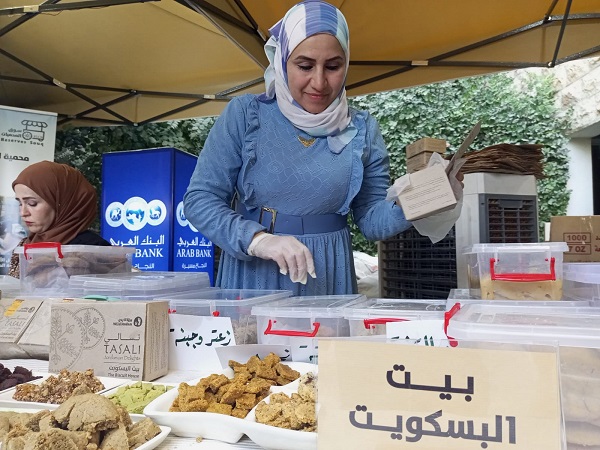


Cart is empty. Please go to your home page for listing it.

Funded by USAID Environmental Journalism Strengthening Program Start date 2008 End date 2009 This project aims to increase visibility of environment related issues in the local media; and to improve the quality of environmental reporting in Jordan. The program will provide a group of selected journalists and outstanding students in the fields of Media and Communications with an awareness program about environment, biodiversity, ecosystems and other related issues; in an attempt to build a network of media experts specialized in environmental reporting. An award for the best environmental article will also be launched to encourage high quality environmental reporting.

Funded by USAID An ambitious program of socio-economic initiatives that enabled RSCN to build on its experience in the Dana Biosphere Reserve and extend its use of eco-tourism and other nature based businesses as a tool to support the conservation of protected areas. The key outputs of the project were Feynan Eco-lodge and Azraq Lodge, the craft enterprises for the Azraq Villages, the strengthening of eco-tourism marketing and the construction of the Wild Jordan Center in Amman. The project had a major impact on the profile and effectiveness of RSCN. It enabled RSCN to be positioned as the principle agency for eco-tourism in Jordan and to be recognized as a pioneer in the use of business approaches to sustain and promote nature conservation in Jordan.

This project aims to improve the conservation of medicinal and herbal plants in three main ways: (i) in situ protection; (ii) ex-situ cultivation; and (iii) by encouraging sustainable use by local communities. The project is focused on the Mujib Biosphere Reserve, which supports a wide range of wild herbal and medicinal plants.

Funded by the Global Environment Facility, through the World Bank Start date 2007 End date 2013 The Jordan Rift Valley is an integral part of the Great Rift Valley and provides a globally critical land bridge between Africa, Europe, and Asia that supports a large variety of ecologically diverse habitats of international importance and funnels millions of migrating birds between these continents each year. The Valley is of strategic economic importance for its natural resources, including the Jordan River, Dead Sea, and Gulf of Aqaba. In encompasses the most productive agricultural land resources in Jordan and hence has become a focal area for infrastructure and tourism development and land conversion . The Government of Jordan has long recognized this dilemma and is seeking ways to secure the Valley’s economic and ecological integrity for the benefit of its people. Integrated Ecosystem Management (IEM) is defined as a holistic and participatory approach to land use that balances and manages ecological, social and economic components of ecosystems to ensure that thebiodiversity and ecological processes can be sustained under development pressure and social change. This approach will be applied in the Jordan Rift Valley through small-scale, targeted interventions in the current land use planning framework and through the setting up of a network of conservation sites that are developed as models of the IEM approach. A network of sites is to be established along the Valley, consisting of four high status protected areas (PAs). ( Yarmouk, Jabal Masuda, Fifa and Qatar) in addition to seven collaboratively managed Special Conservation Areas (SCAs). The PAs cover a total area of 56.950 hectares and are all delineated on the JVAs land- use master plan. Map 1 Yarmouk (area 20 km2) Fifa (proposed area 23.4 Km2) Qatar (proposed area 49 Km2) Jabal Masuda (proposed area 295 Km2) Ibn Hammad Homret Maeen Rahmah

With a generous funding from the USAID, RSCN continues implementation of this project which aims to develop eco-tourism in the south of the Kingdom and develop ecotourism infrastructures in selected sites as a mean of improving the local community’s livelihood. Below is a summary of the project’s main achievements for 2013: The integration of the four guides who have been to South Africa for training on techniques of nature guiding within the team work of RSCN, to work on upgrading the quality of guiding services in the reserves. Continuing to implement restoration work to a group of houses in the Dana Village in order to become a model for the heritage village in the south of Jordan. Completing the construction of a tourist camp for Sons of Dana and Qadisyya Cooperative. Financing activities related to the implementation of the transformation strategy. Working on the development of a range of tourism programs in Shobak in cooperation with the local cooperatives. Completing the maintenance of Shaumari Wildlife Reserve’s fence and designs of the new picnic area.

RSCN implemented this project with funding from the European Union which aims to strengthen the partnership in the field of eco-tourism in the Mediterranean basin. The project is implemented by 8 organizations from the Mediterranean and North Africa with their partners from the European countries. The project, which was implemented in 10 countries, is working on the development of eco-tourism in 20 nature reserves in these countries, in order to promote this industry niche. Project will be implemented at the local level in 3 nature reserves which have been selected for this purpose.